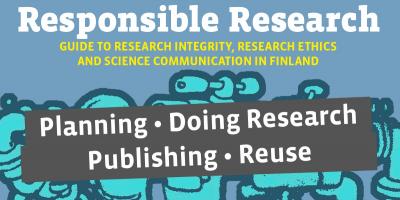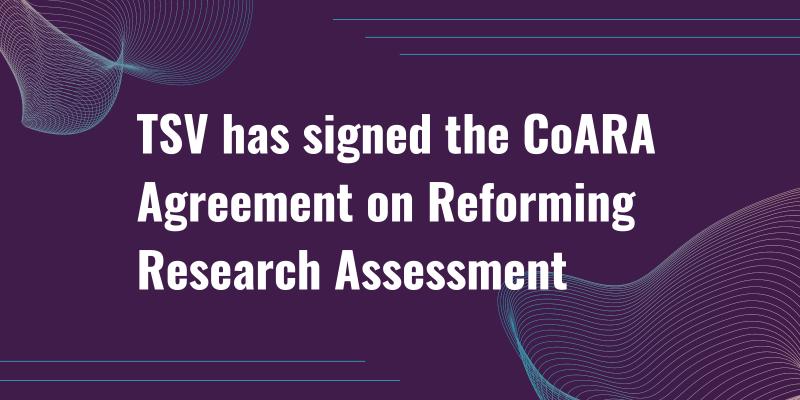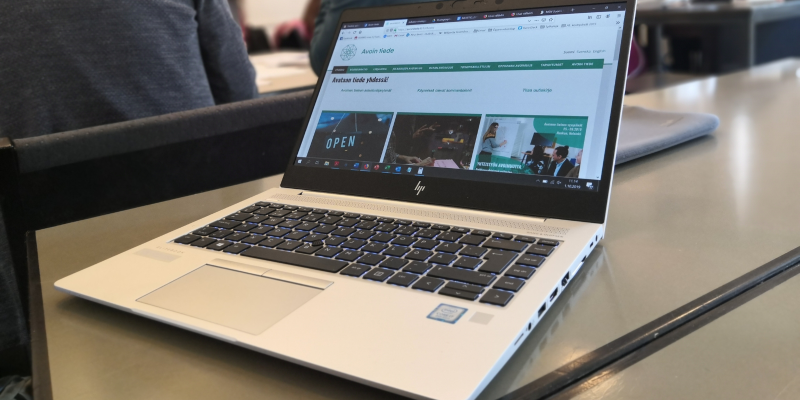The Recommendation for the responsible evaluation of a researcher in Finland provides guidance on how to carry out the researcher's assessment from start to finish responsibly. The researcher is assessed both in recruitment situations, at different stages of the career path and when allocating funding. An individual researcher can be assessed as part of a larger entity when he or she is part of a research group or when an extensive research evaluation is carried out in his or her research organisation. Researchers are often assessed in situations involving comparison and competition.
The Finnish research community has taken a strong stand on the development of responsible evaluation. In spring 2020, the Recommendation for the responsible evaluation of a researcher in Finland was published, prepared by a broad-based working group set up by the Federation of Finnish Learned Societies (TSV) in 2018. Researchers' representatives and interest groups, organisations, funders and service providers have jointly considered how research and researchers should be assessed responsibly. At the same time, consideration has been given to what a vibrant research community looks like and how career paths of a researcher may diversify in the future.
Promoting responsible assessment is a common goal of the responsible research coalition in Finland. The latest recommendation incorporates previous work including The Responsible Conduct of Research guidelines, The Researcher's CV template, as well as by the User Guide for the Publication Forum classification.
The aim of the Helsinki Initiative for Multilingual Scholarly Communication, launched in 2019, is to encourage the dissemination of research information to a wider audience than the scientific community, to support national publication channels that enable multilingual publishing and to promote multilingualism in research evaluation and funding systems.
For more information: Subject term search | Responsible Research (vastuullinentiede.fi)
More information:
- Mira Söderman, Coordinator for Responsible Assessment - Publication Forum, mira.soderman[at]tsv.fi
- Janne Pölönen, Secretary General - Publication Forum, janne.polonen[at]tsv.fi


